AARP Hearing Center

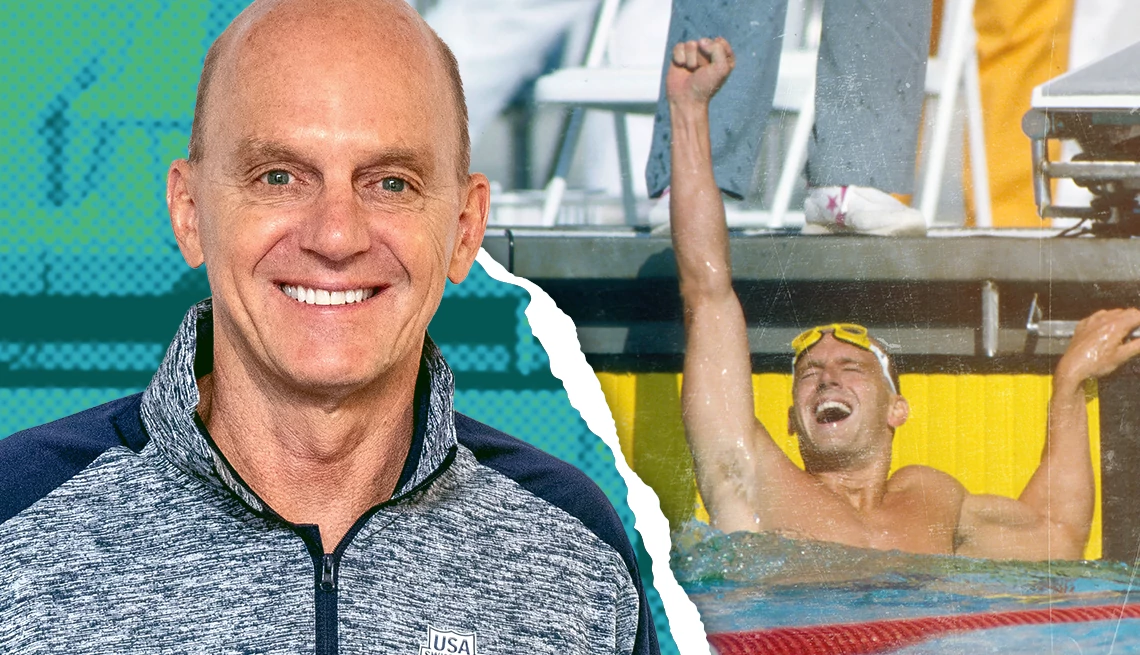
To help celebrate the Summer Games in Paris (July 26 to August 11), AARP is checking with some of the most iconic figures in U.S. Olympic history about their magical moments — and the new passions that shape their lives today.
The son of water-skiing performers from Cypress Gardens, Florida, Rowdy Gaines took up competitive swimming at age 17, unusually late for an athlete whose speed and determination soon earned him the title of fastest swimmer on Earth. After missing the 1980 Moscow Games because of the boycott, he made a stunning comeback at the 1984 Los Angeles Games, where he won three gold medals. Gaines’ resilience and achievements have solidified his place as one of the greatest swimmers in history — and his on-air commentary at Olympic events since 1992 has made him the voice of the sport.
Golden Reflections: In 1980, I was the best swimmer in the world, but we didn’t compete in 1980 because of the U.S. boycott of the Moscow Games. That was personally devastating, but I kept training. By 1984, five or six or nine other swimmers could have won the gold, but I somehow did it, and that changed everything for me. Yes, I worked hard, but I also got lucky to find something where my skills aligned with my greatest passion. People ask me all the time, “How did you win your gold medals?” I tell them, “I just really loved swimming.”
Meaning in the Medals: The morning after my first gold, my coach, Richard Quick, got me up early and took me to a children’s cancer unit at a hospital in L.A. I was feeling like the cock of the walk, and I still had two more events to swim, but he wanted to give me some perspective: “It’s just a swim race. You swam the length of a pool. What you did isn’t life or death.” That lesson stuck with me forever.
Outside the Arena: For 25 years I’ve been promoting swimming lessons as a way to prevent childhood drownings. Drowning in pools, hot tubs and spas is a leading cause of death in children age 1 to 4. It absolutely breaks my heart because these deaths don’t need to happen. I work with a foundation called Step Into Swim that has funded swimming lessons for more than 300,000 children across the country, and it’s literally become my life’s purpose.
The Shape I’m In: I still swim six days a week. It’s the only thing I’m good at. In the old days, I was swimming 15,000 meters a day; today it’s more like 1,500, but I’m still more at home in the water than I am on land. There aren’t many activities you can do for a lifetime, but swimming is one of them, and I know I’ll be swimming until I’m 6 feet under.
Going to the Games? Yes. This will be my 11th time to the summer Olympics, and my ninth time covering the swimming events since Barcelona in 1992. Nothing brings the world together like the Olympics does.
Eyes on Paris: The Americans have been number one in swimming at the Olympics since 1960. No other team, no other country, can claim dominance like that in any sport. This year, the U.S. women are especially strong. Kate Douglass, from the University of Virginia, is a superstar in the making, and the Walsh sisters — Gretchen and Alex, also from UVA — have major promise for medals.



























































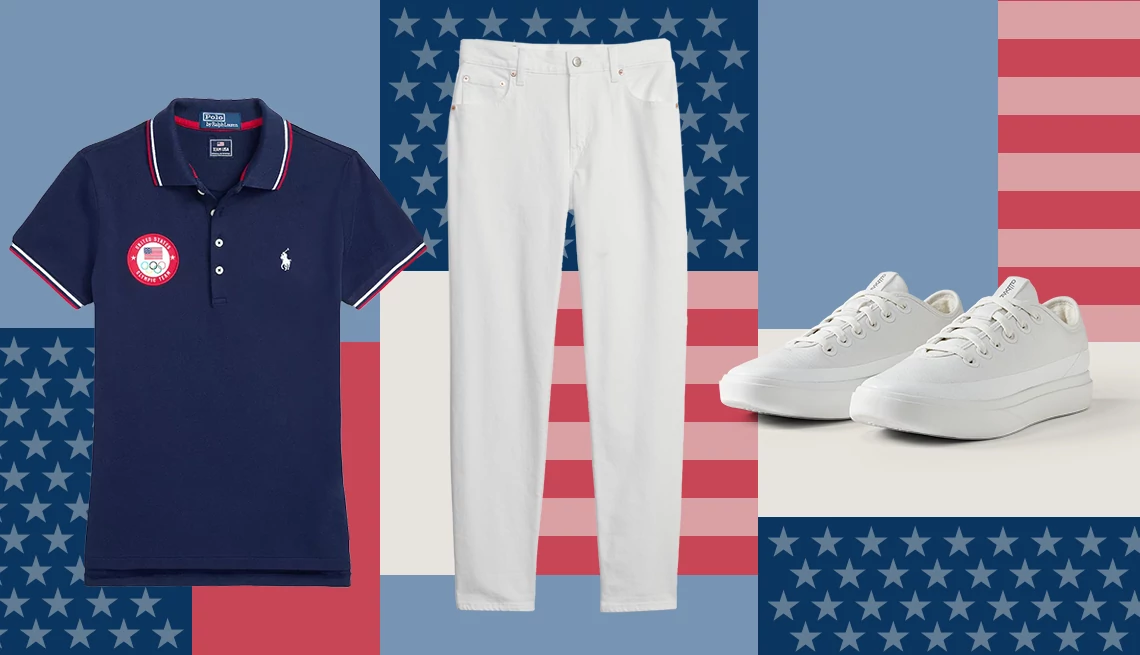
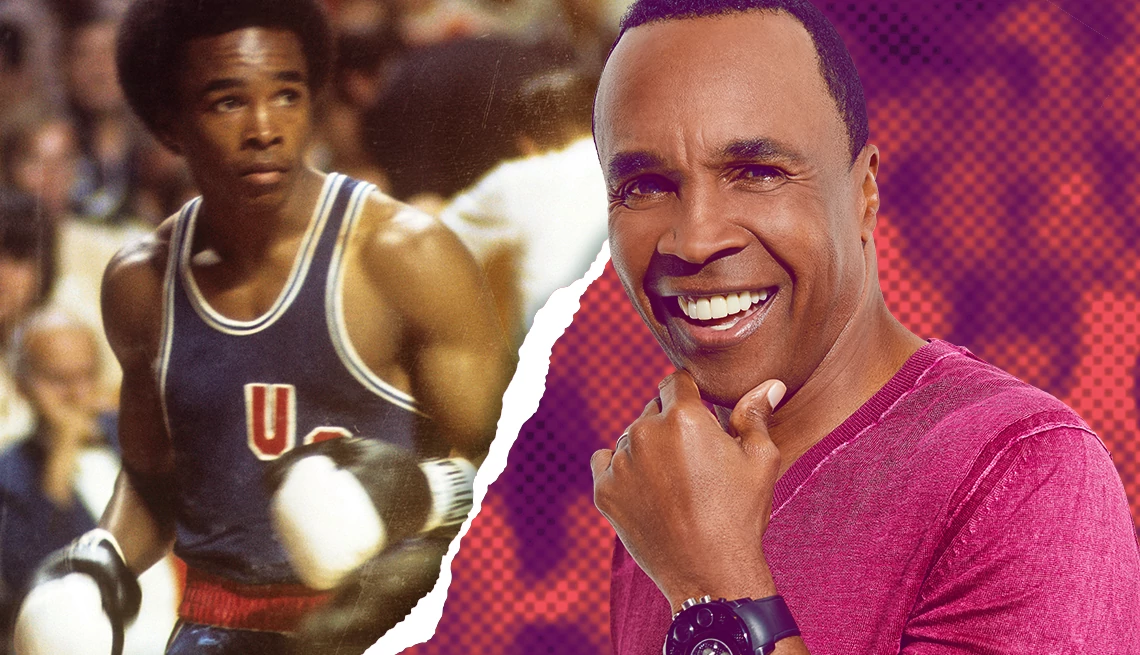
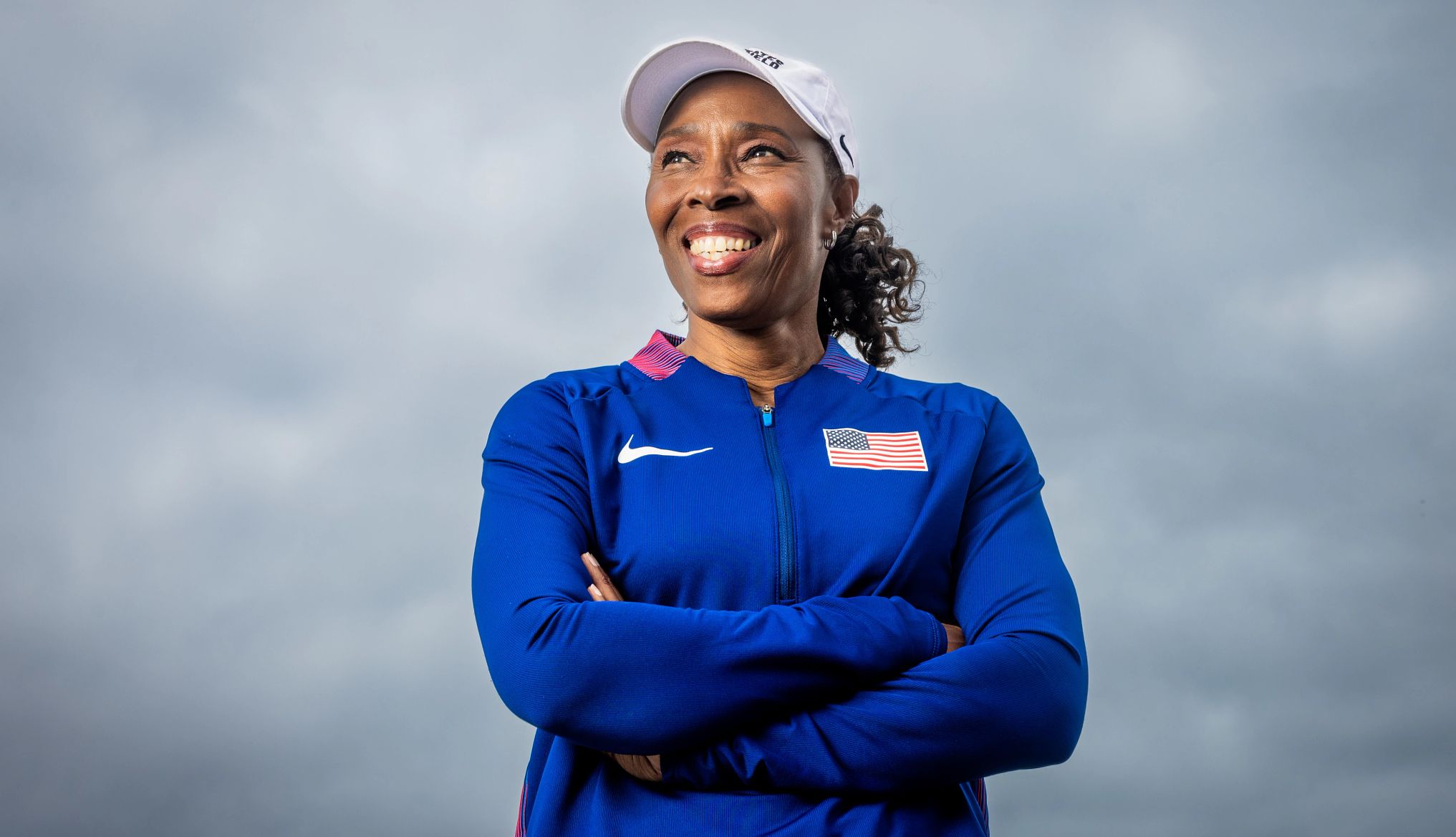
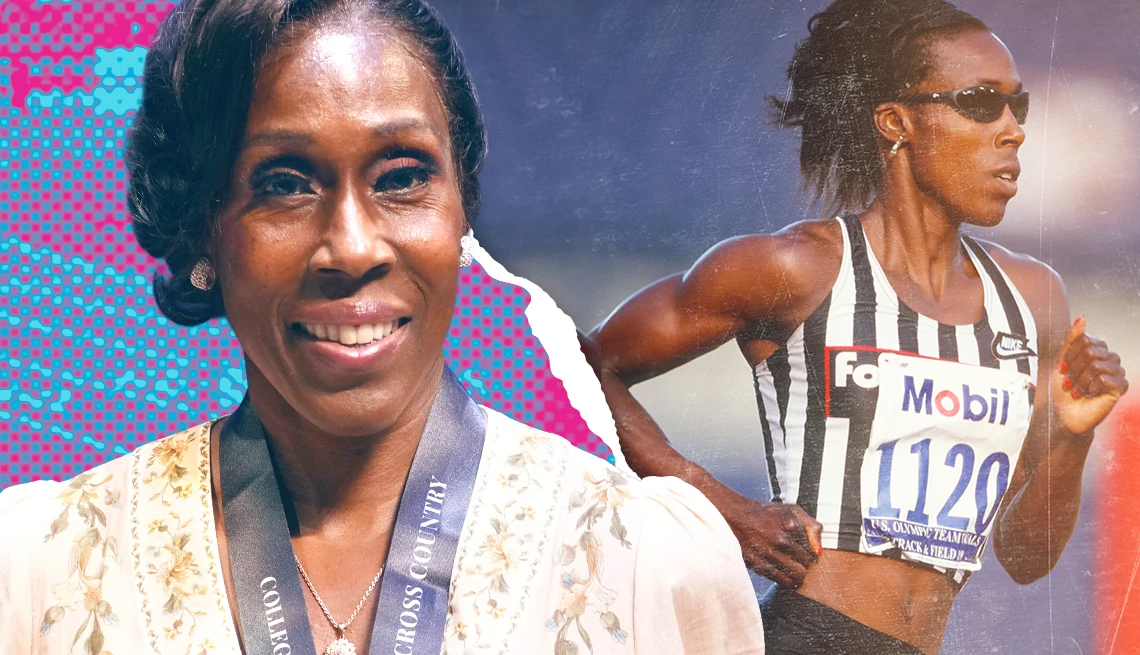
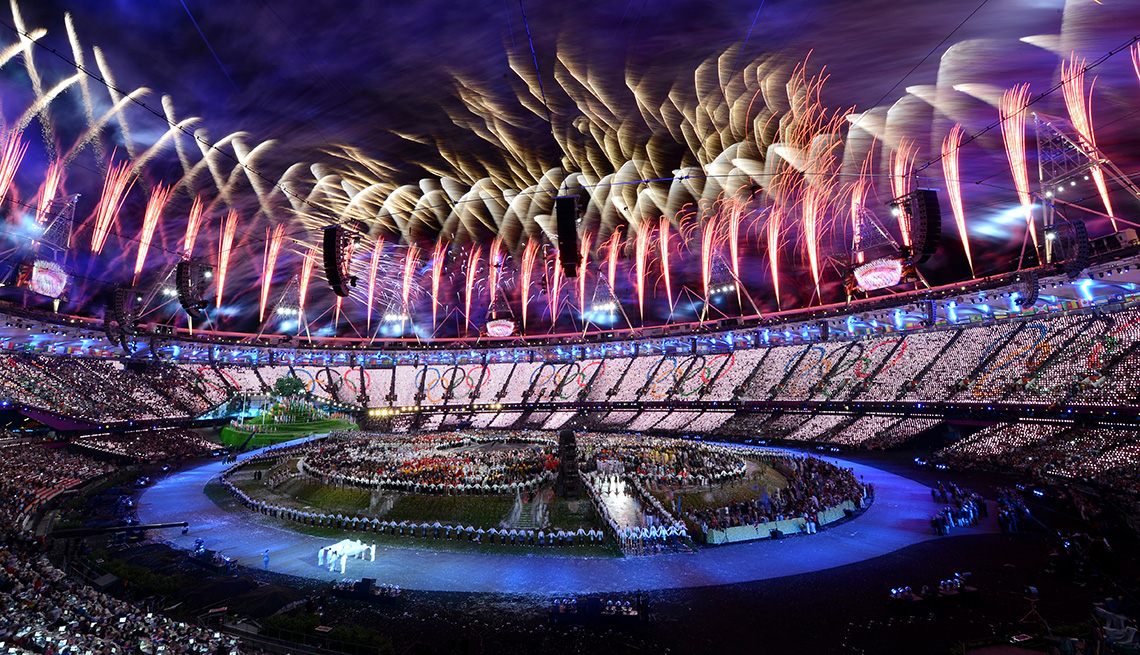
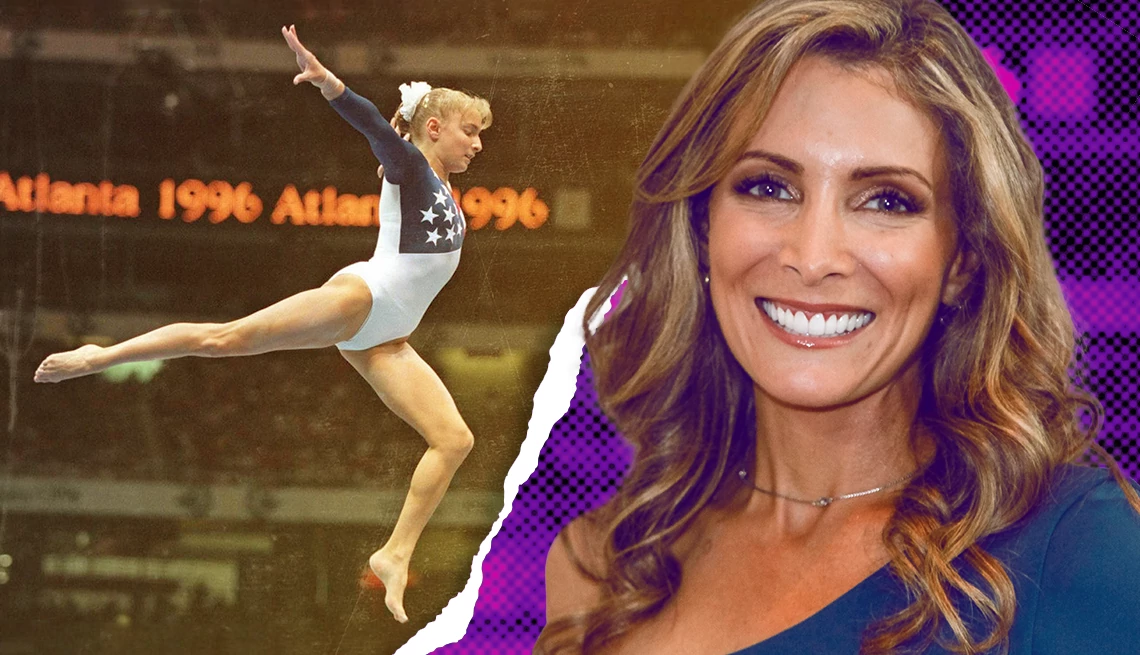
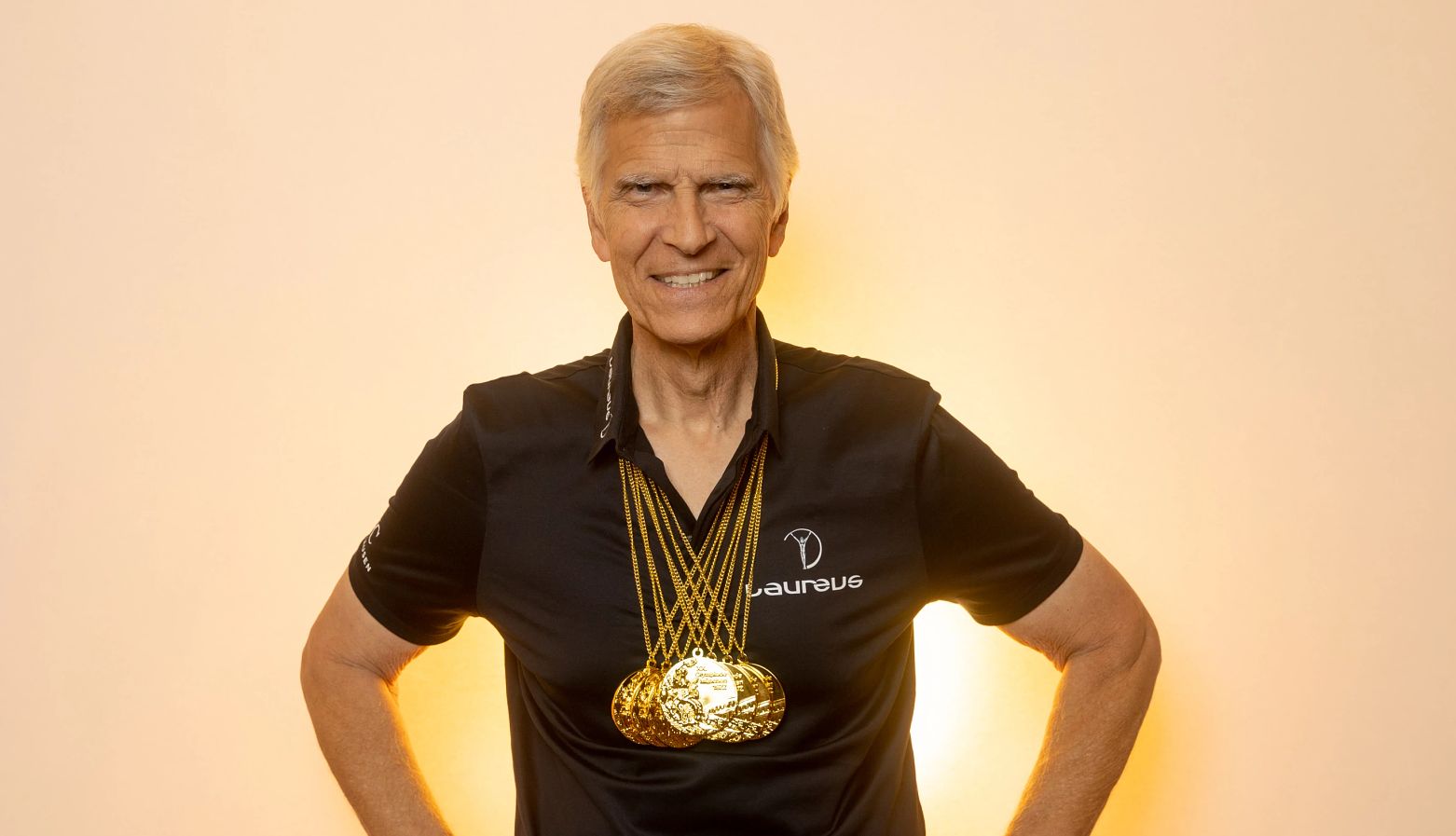
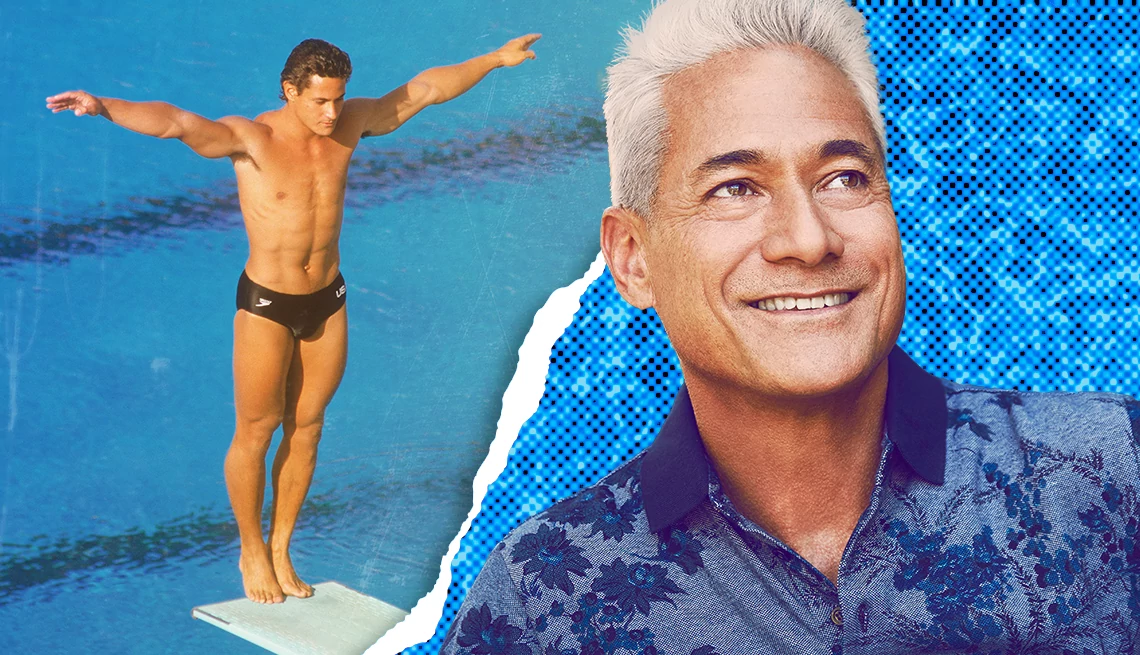
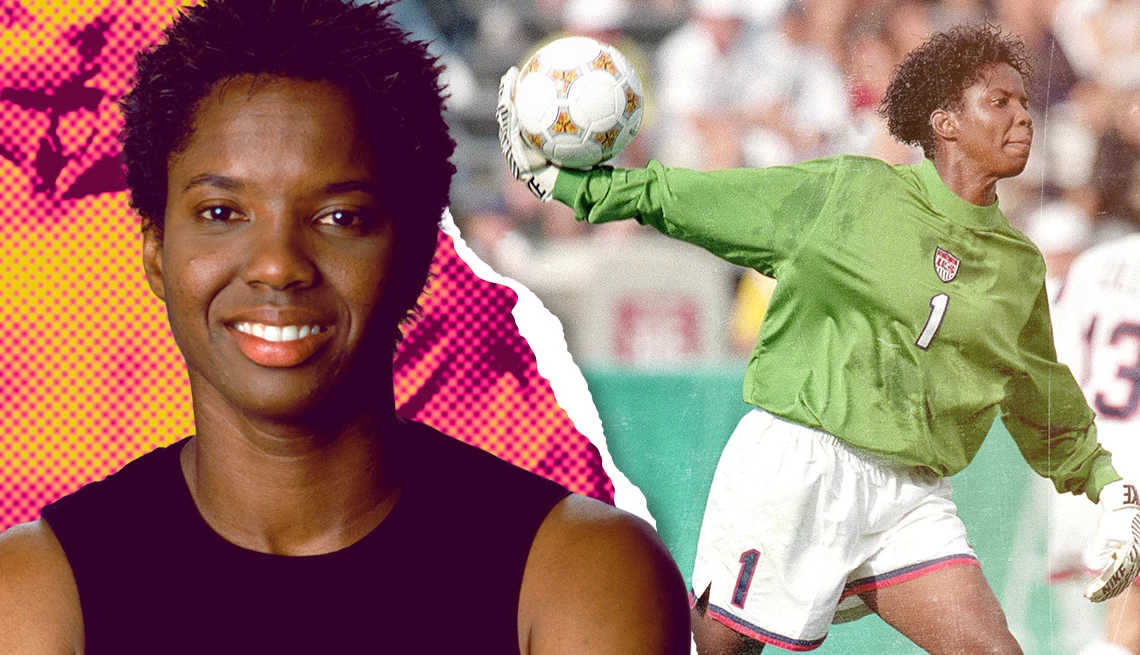
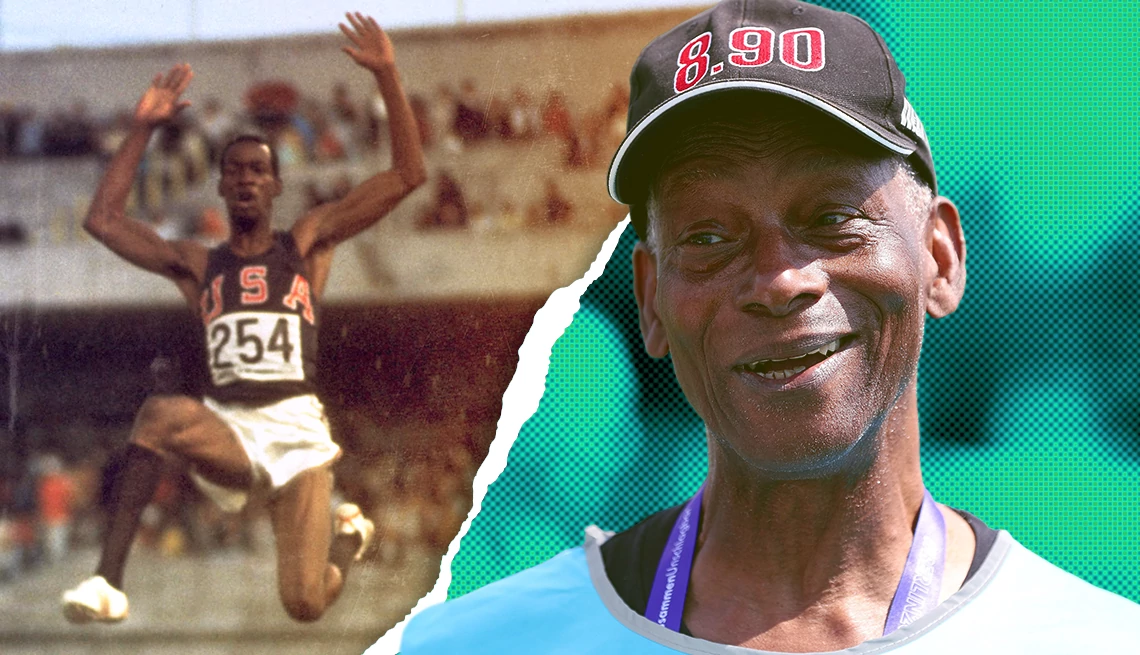
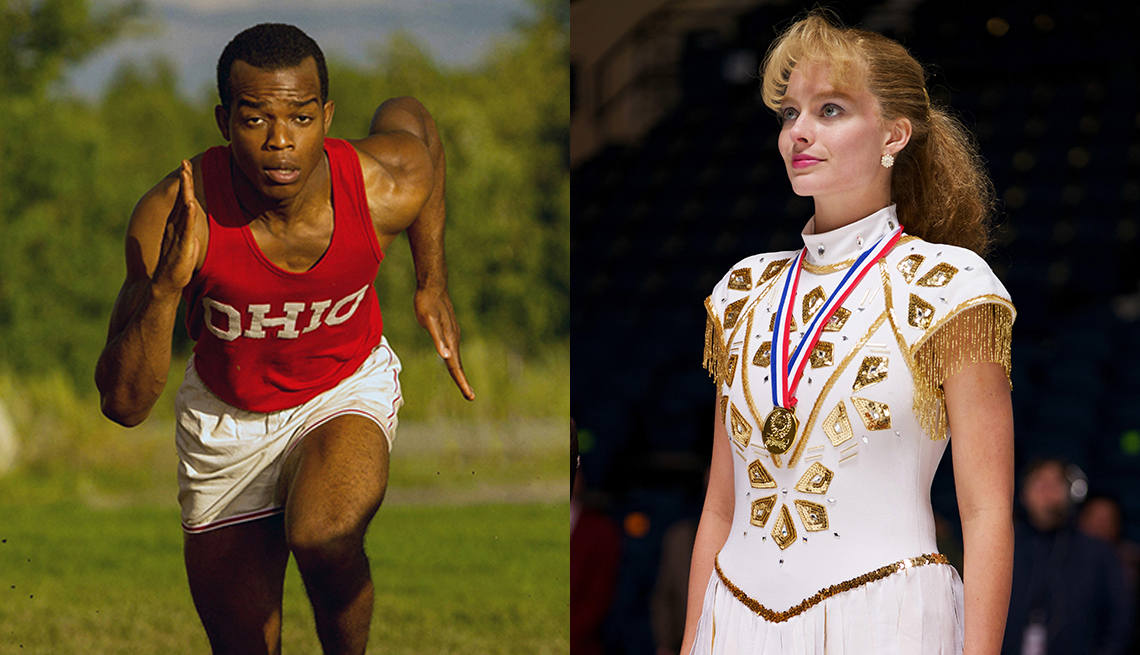
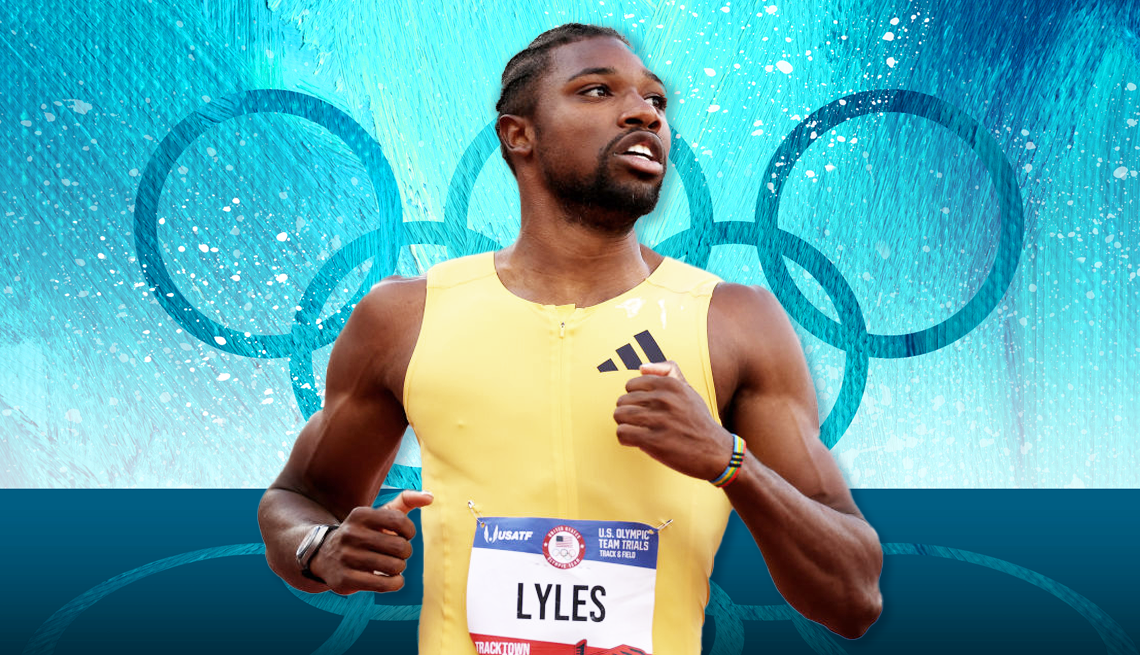


You Might Also Like
Olympic Gymnast Shannon Miller: ‘The Gold Medal Mindset Sustained Me’
Miller, 47, won multiple golds as part of the “Magnificent Seven” team of U.S. gymnasts at Atlanta in 1996Soccer Goalie Briana Scurry on Winning Gold: ‘I Bawled Like a Little Baby’
Scurry, 52, won gold with the 1996 and 2004 women’s soccer teamsBehind the Champions: Team USA Head Coaches Share Their Mentorship Advice
Five athlete-turned-coaches tell AARP their top tips on how to encourage the next generation
Recommended for You